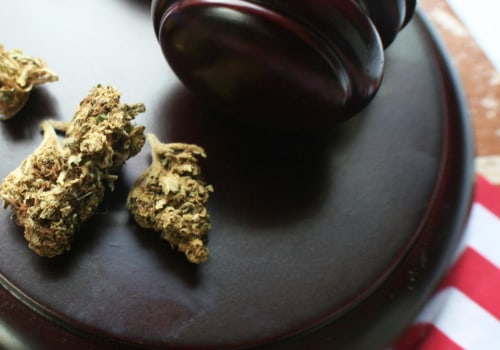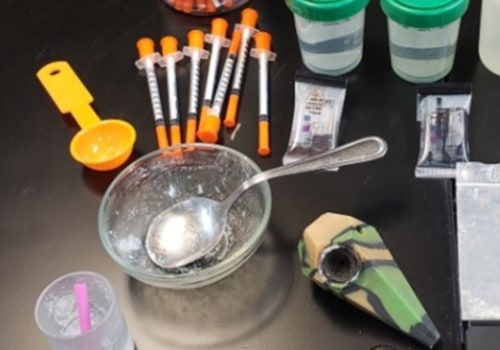Alabama Drug Possession Laws and Penalties A person commits the crime of unlawful possession of an intent to distribute a controlled substance if he has a possession of between eight and 28 grams of cocaine, more than four grams of heroin, and any amphetamine up to 28 grams. A person commits the crime of illegal possession of a controlled substance, or an Alabama drug possession charge if he possesses a controlled substance that is on a list of drugs and controlled substances in the Alabama Code. Because drug use is a correctable problem, most Alabama counties have some type of deferred prosecution or drug court. Possession of a controlled substance, unless you have a valid prescription or other authorization, is illegal.
You may have been in a friend's car or someone else introduced drugs into your vehicle without your knowledge. Under AL Code 13A-12-212, the law states that you commit a Class D felony if you illegally possess a Schedule I to V controlled substance, or if you use fraud, deception, misrepresentation, or subterfuge; alter a prescription; or give a false name or address to obtain a controlled substance or chemical precursor. The law certainly covers possession of things like methamphetamine, cocaine, crack, ecstasy, or heroin. In addition, being convicted of a drug possession charge in Alabama results in a felony on your record, loss of voting privileges and loss of your right to own a firearm.
In such circumstances, the crime is also charged under Alabama Drug Possession Charges Act, and is also a Class C felony. An Alabama Criminal Lawyers drug possession lawyer can defend you against these charges and fight to get the best possible outcome in your case. You should talk to a drug possession lawyer about whether prosecutors claim that you had actual or constructive possession of the controlled substance. In general, to be eligible for drug court, your Alabama drug possession charges must be your first criminal charges.
All states regulate and control the possession for personal use of controlled hazardous substances (CDS), although each state differs in its exact definition of CDS and penalties for possession. Only a drug defense lawyer can realistically assess the strength of the case against you and your chances of being dismissed, a misdemeanor charge, a plea agreement, or a favorable outcome if you go to trial. Possession of marijuana is treated differently than possession of other controlled substances in Alabama.




